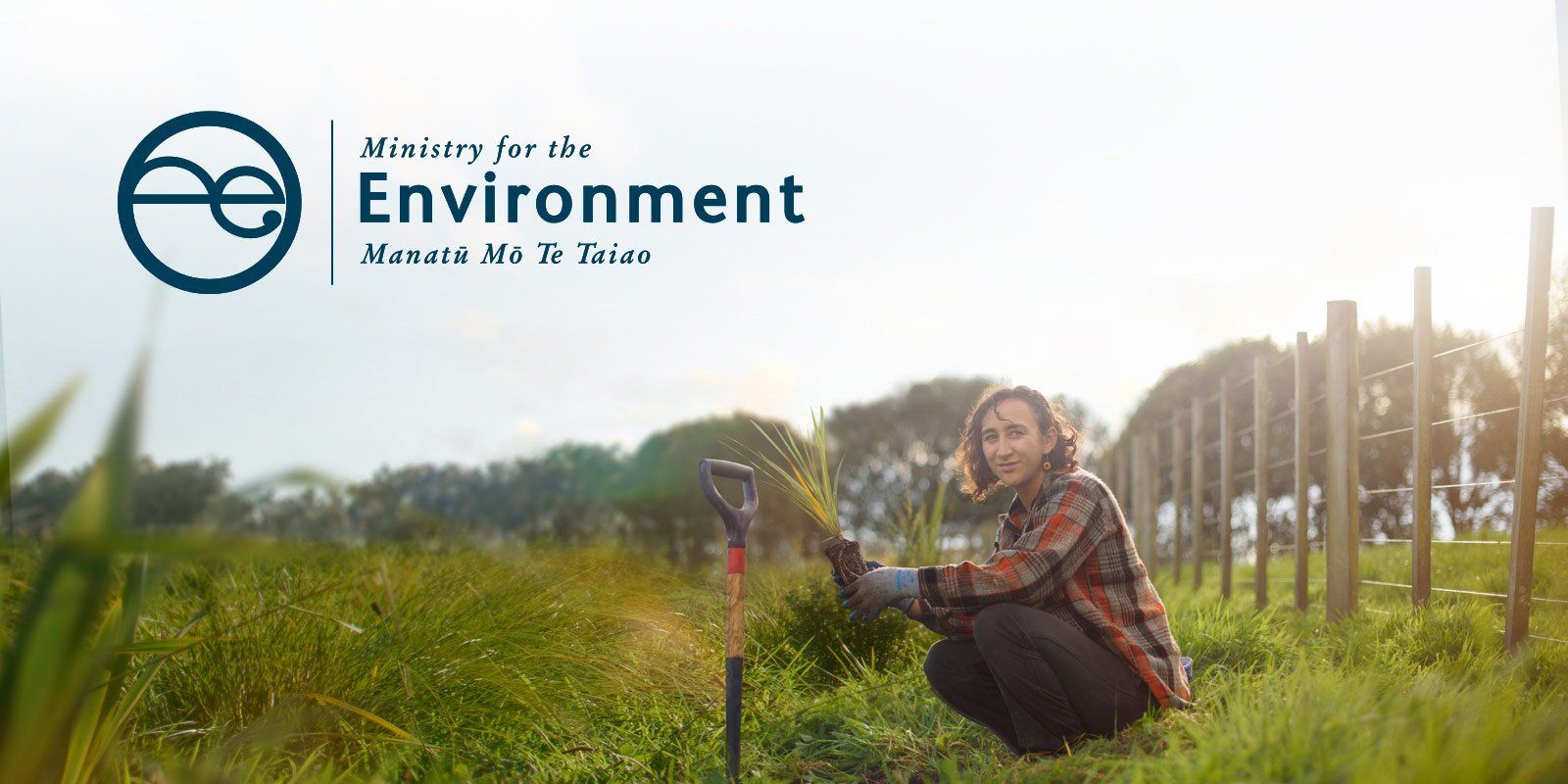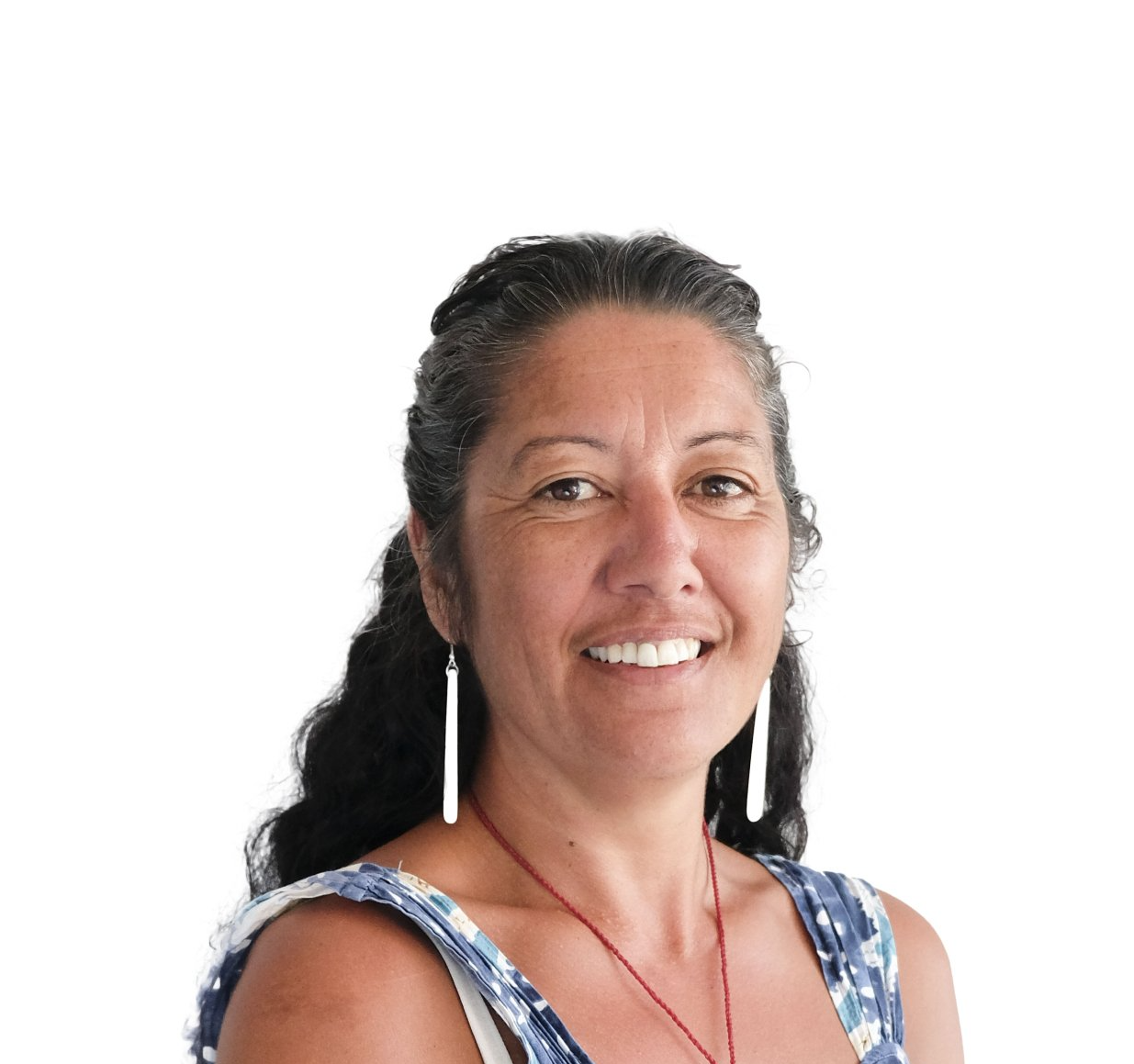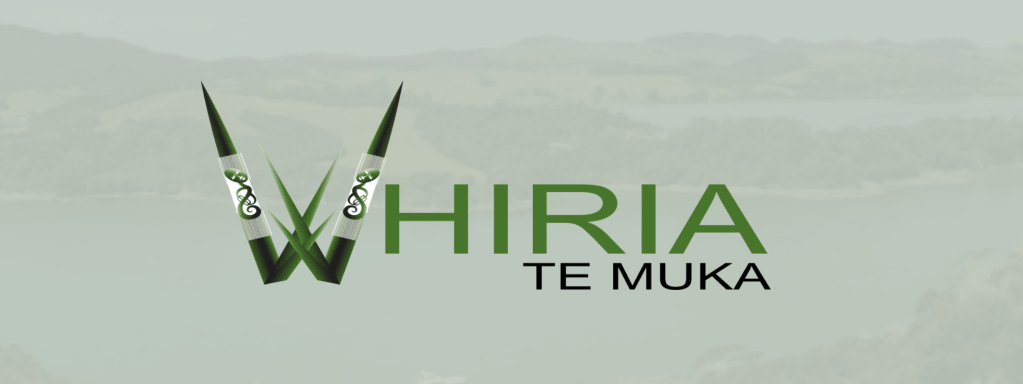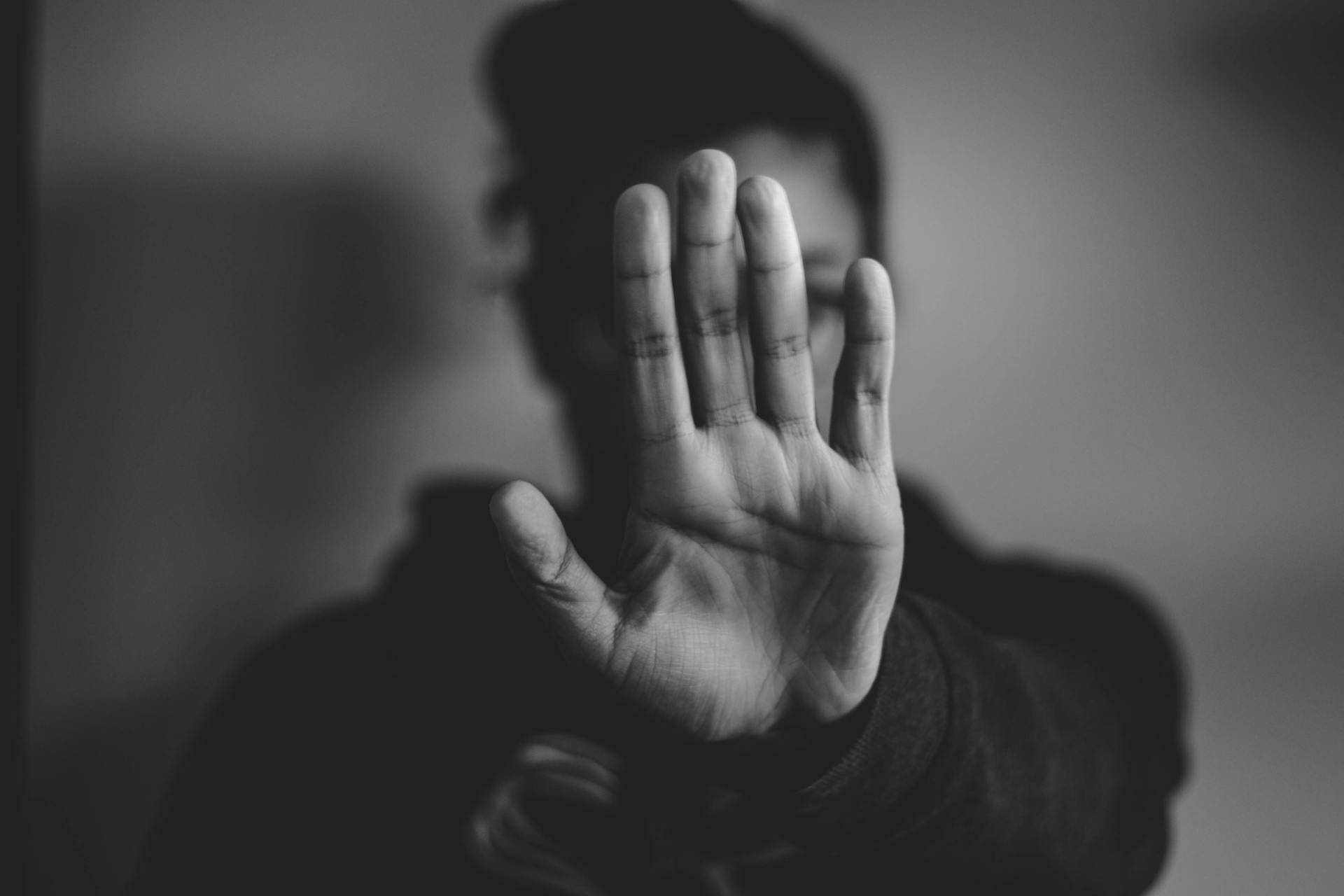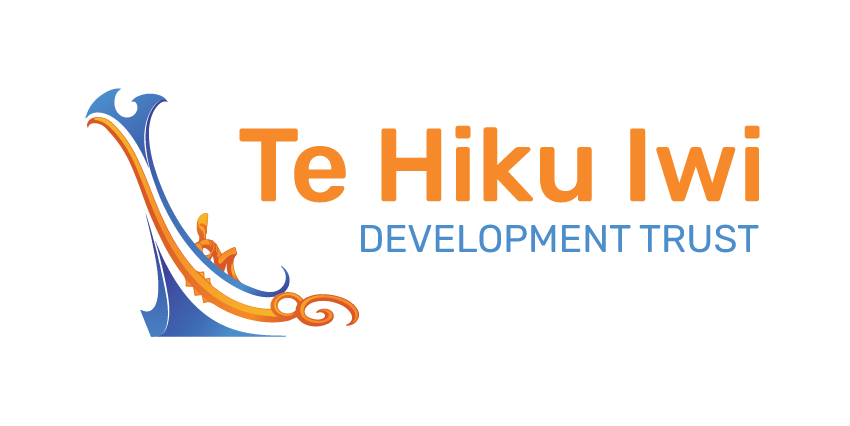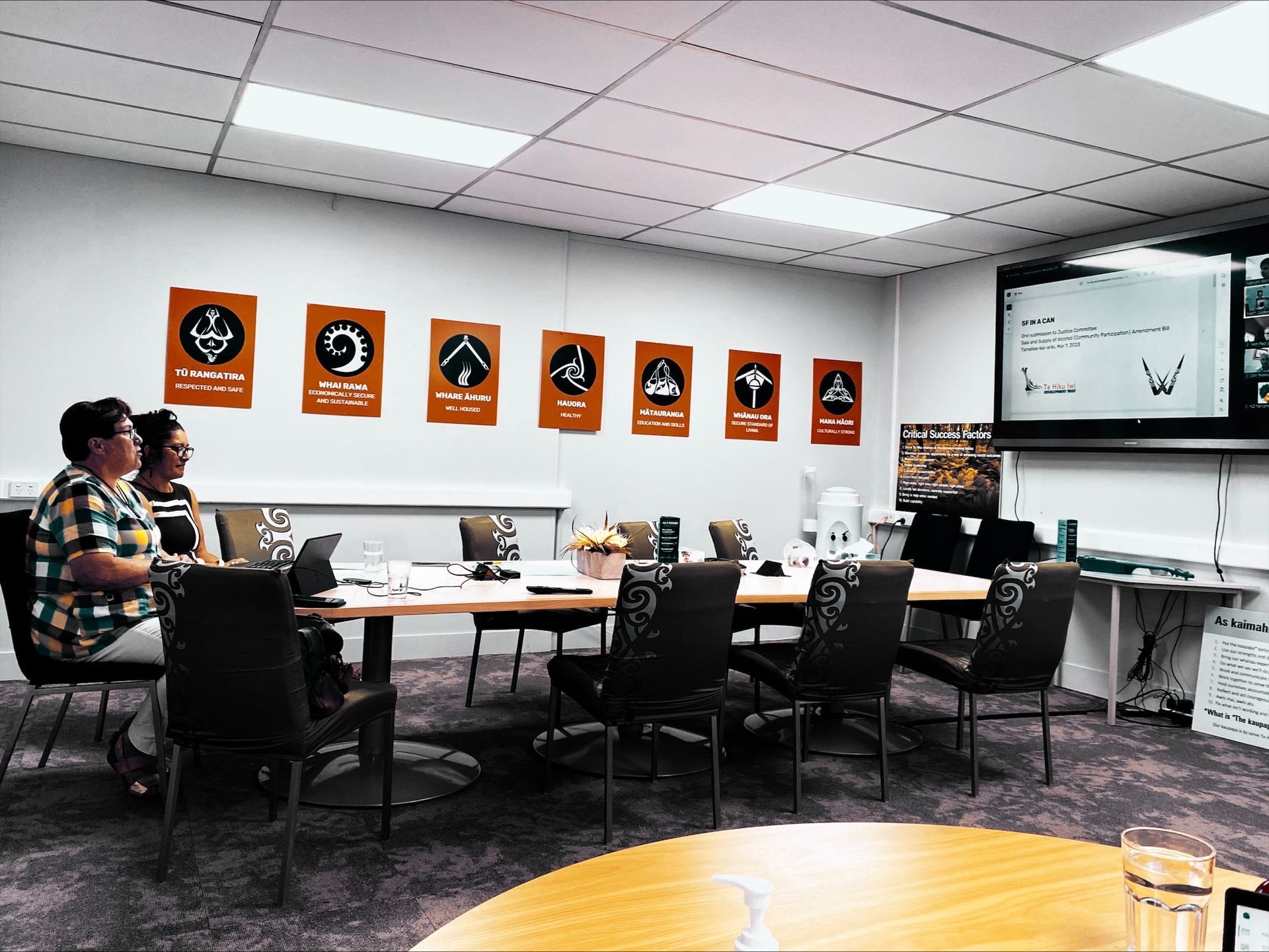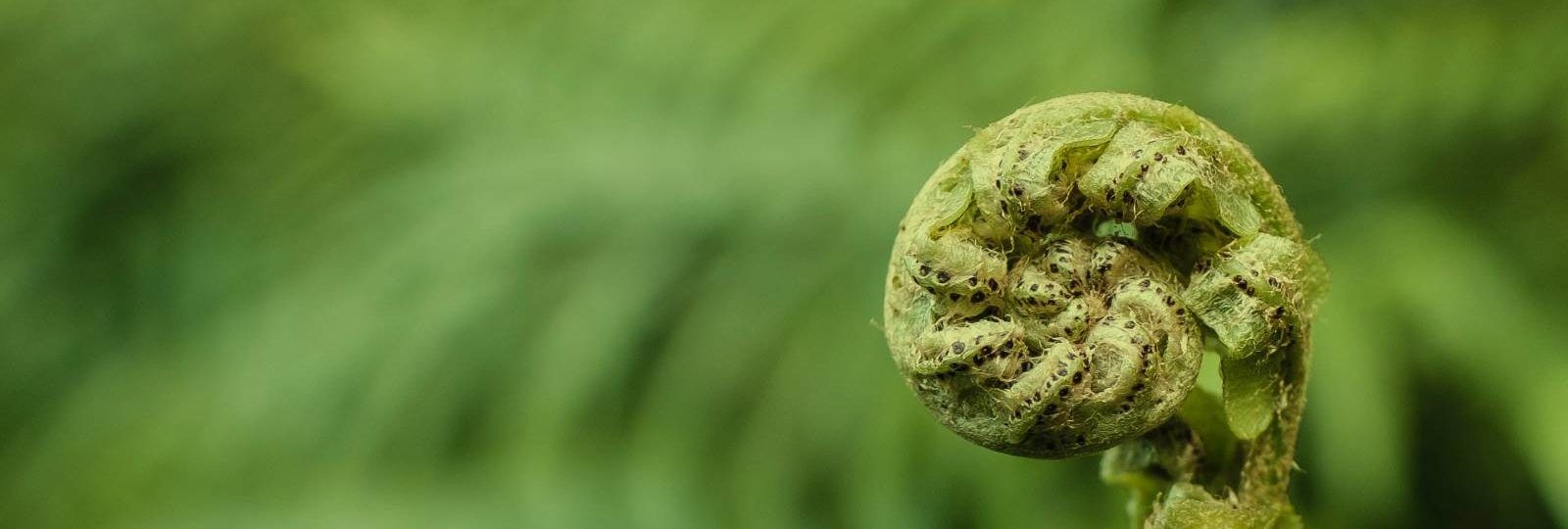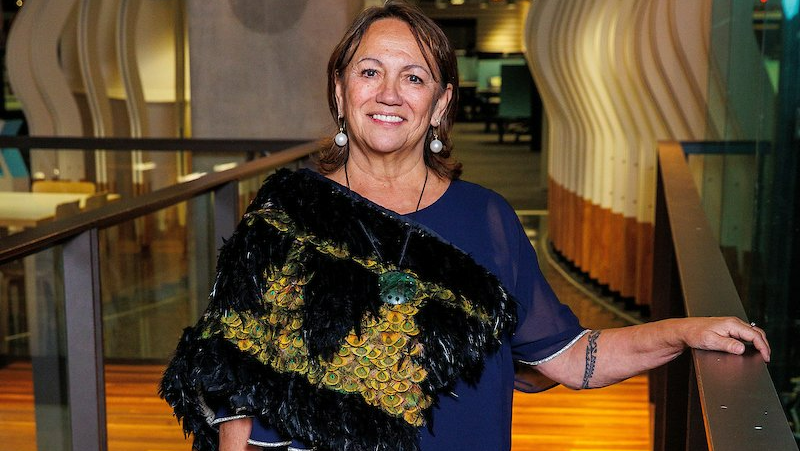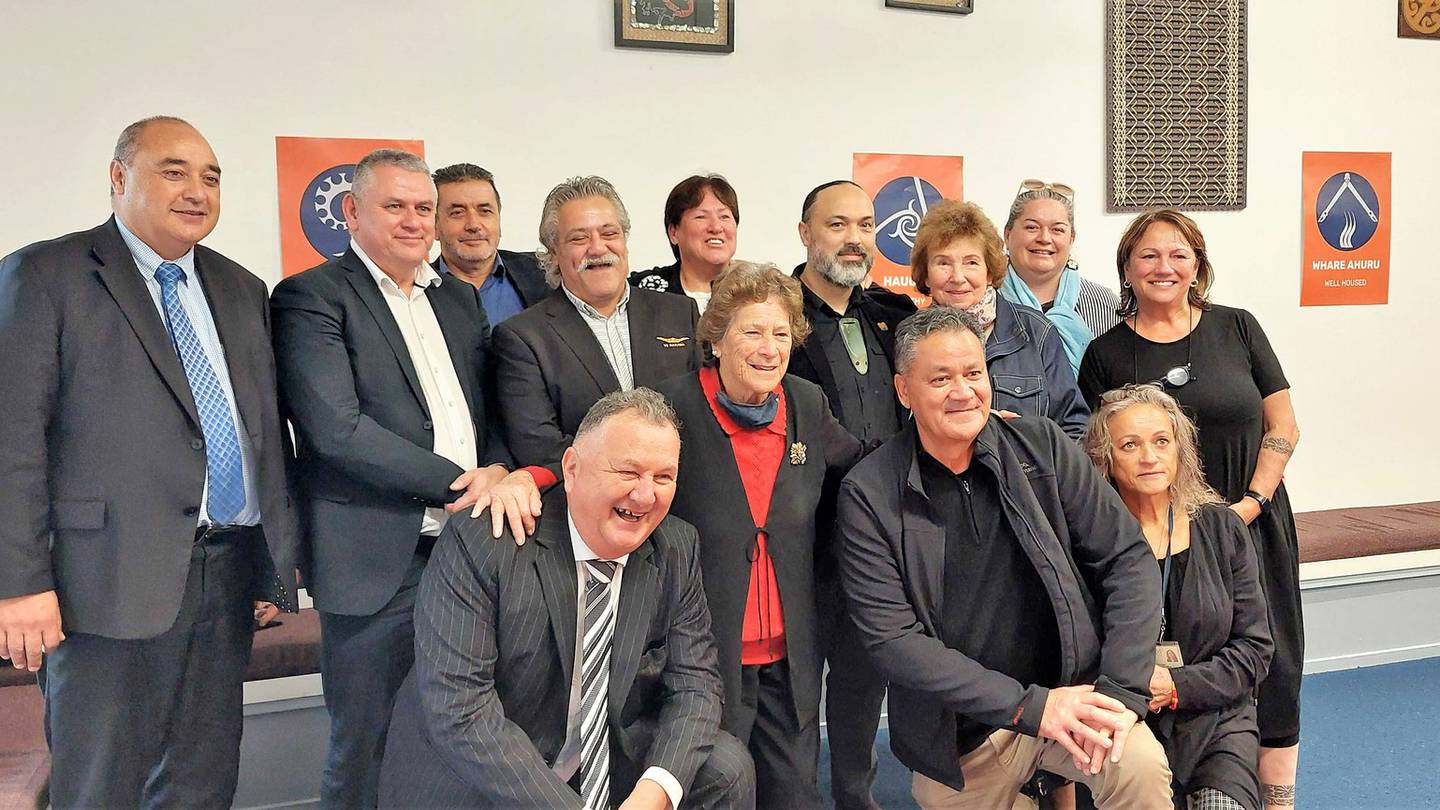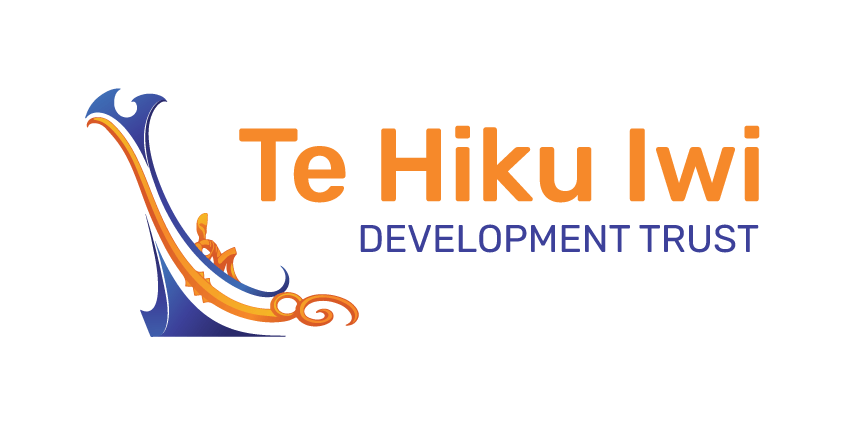Ngahuru Media Release
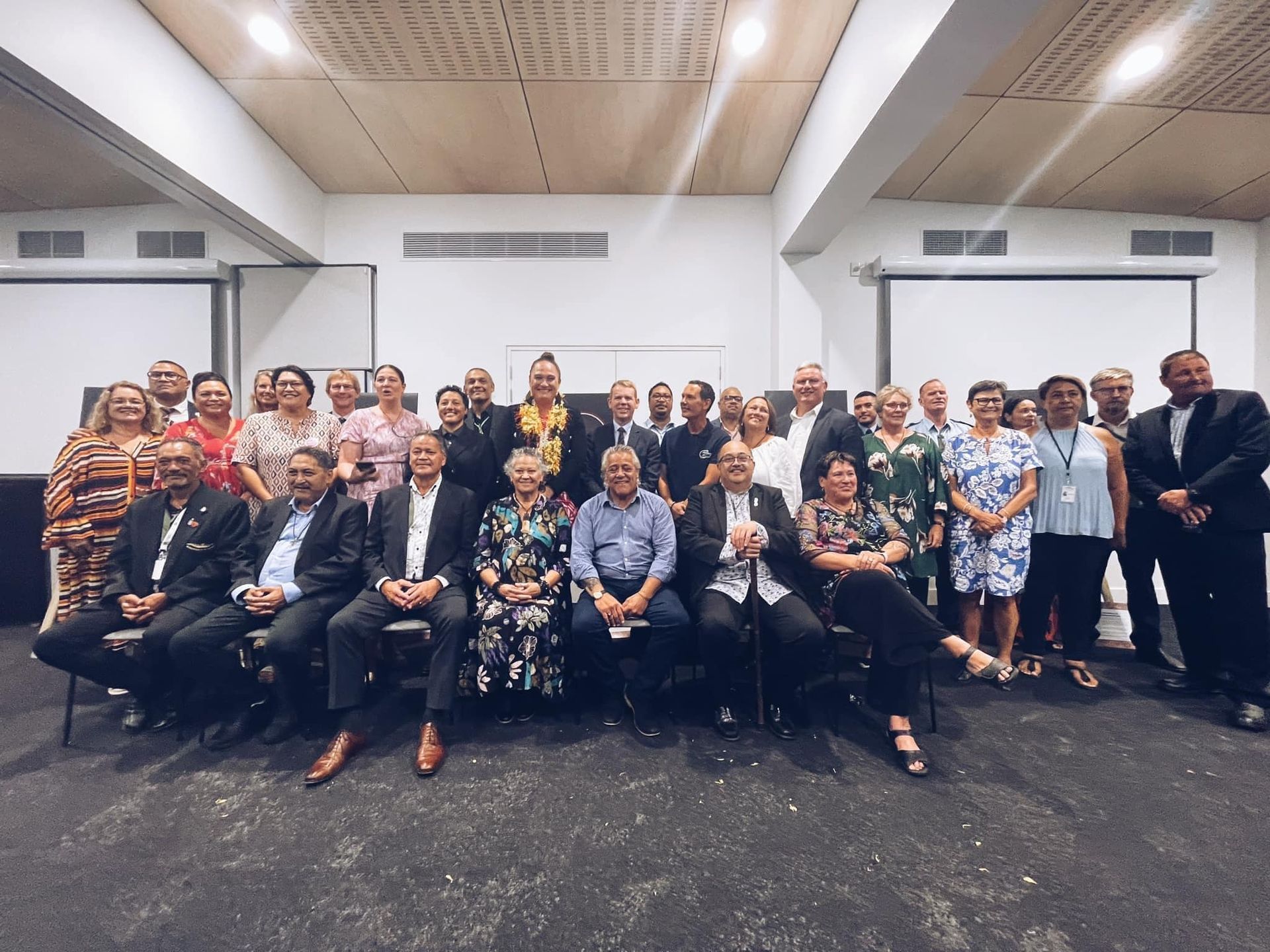
Te Hiku Iwi Chairs and Ministers welcome Ngahuru, the celebration of the Te Hiku o Te Ika Iwi – Crown Social Development and Wellbeing Accord in action for ten years.
STARTS
“Far North Iwi and the Crown are working in partnership to improve the wellbeing of whānau in Te Hiku o Te Ika – this is the purpose of the Te Hiku Social Development and Wellbeing Accord,” said Ngāi Takoto Co-Chair Wallace Rivers, it was part of the Te Hiku o Te Ika Iwi Treaty Settlement negotiations signed in Waitangi February 2013, and it is here to stay.”
Iwi leaders Katie Murray (Te Rarawa) Peter-Lucas Jones (Te Aupōuri) Wallace Rivers and Kaio Karipa (Ngāi Takoto Co-Chairs) and Harry Burkhardt (Ngāti Kuri) will be joined by Deputy Prime Minister Hon Carmel Sepuloni, Hon Kelvin Davis MP for Te Tai Tokerau and other iwi leaders, Ministers, Te Hiku community members, and officials to celebrate Ngahuru – the 10th anniversary of the Accord on 3 February 2023 at the Waitangi Treaty Grounds. The Accord was signed in 2013 between Te Aupōuri, Ngāi Takoto, Te Rarawa, Ngāti Kuri Iwi, and the Crown as part of the Te Hiku o Te Ika Treaty negotiations.
“No one handed us a template on how to develop or implement an Accord partnership, we have had to build it with the Crown from scratch. This has been a learning journey for both partners, with a couple of resets along the way” said Katie Murray, Te Rūnanga o Te Rarawa Iwi Chair. We’re still learning how to get it right – what is and isn’t working and support agencies to do what our whānau need them to do”.
The Accord aims to uplift the lives of the people of the Far North in seven key outcomes including education, the justice system, employment, economic development, housing, health, and cultural resilience.
“Working together hasn’t been plain sailing but I’m glad we have persevered,” said Katie Murray. “It has taken us some time to build trust and confidence with each other as well as the Crown. It’s not all lovey-dovey however this is a kaupapa about our whānau, not ourselves, and it’s important we all cooperate fully in the process.”
The celebration is named Ngahuru which is an ancient Māori term for the number ten. It also refers to being feathered; implying that feathers operate in a united but diverse pattern to enable a bird to fly. There is also an element of warmth and togetherness. Te Hiku and the Crown will join to celebrate Ngahuru.
Hei tā Peter-Lucas Jones Te Rūnanga Nui o Te Aupōuri Chair, “ka hoki ngā mahara ki ngā kōrero a tō tātou tūpuna whaea a Meringaroto. He rangatira te whakaaro nui kei muri i tāna whakatauākī, arā, aha te mea nui o tēnei ao, he tangata, he tangata, he tangata. Ko ō tātou mokopuna, taitamariki, mātua, kaumātua, me o tātou kuia ngā mea nui i roto i ēnei mahi, nō reira ka ū tonu tātou ki te kaupapa o te whakaaetanga nei, kia tupu matomato te kaupapa, hei oranga mō ngā whānau.”
Peter-Lucas Jones continues to say, “we’re reminded of the words of our ancestress Meri Ngaroto of Te Aupōuri. The concept behind her whakatauāki is chiefly, what is the greatest thing in this world – it is people, it is people, it is people. Our grandchildren, youth, parents, and elders are the most important focus in the work that we do, accordingly, we remain steadfast on the outcomes of the Accord to help grow the kaupapa, and to improve the livelihood of whānau.”
The Te Hiku o Te Ika Iwi - Crown Social Development and Wellbeing Accord is a strengths-based partnership that works on system transformation through a unique governance model. The model pools the collective power and influence of both partners to meet the needs and aspirations of all Te Hiku whānau – it is an enduring meaningful journey.
The sustainability of the Accord promotes intergenerational social and economic wellbeing for Te Hiku o Te Ika whānau. With an enduring approach, we not only address the fundamental causes of the problems, but we also work together as partners to improve services and find new ways of working to meet the needs of Te Hiku whānau - for us, this is system change.
ENDS
